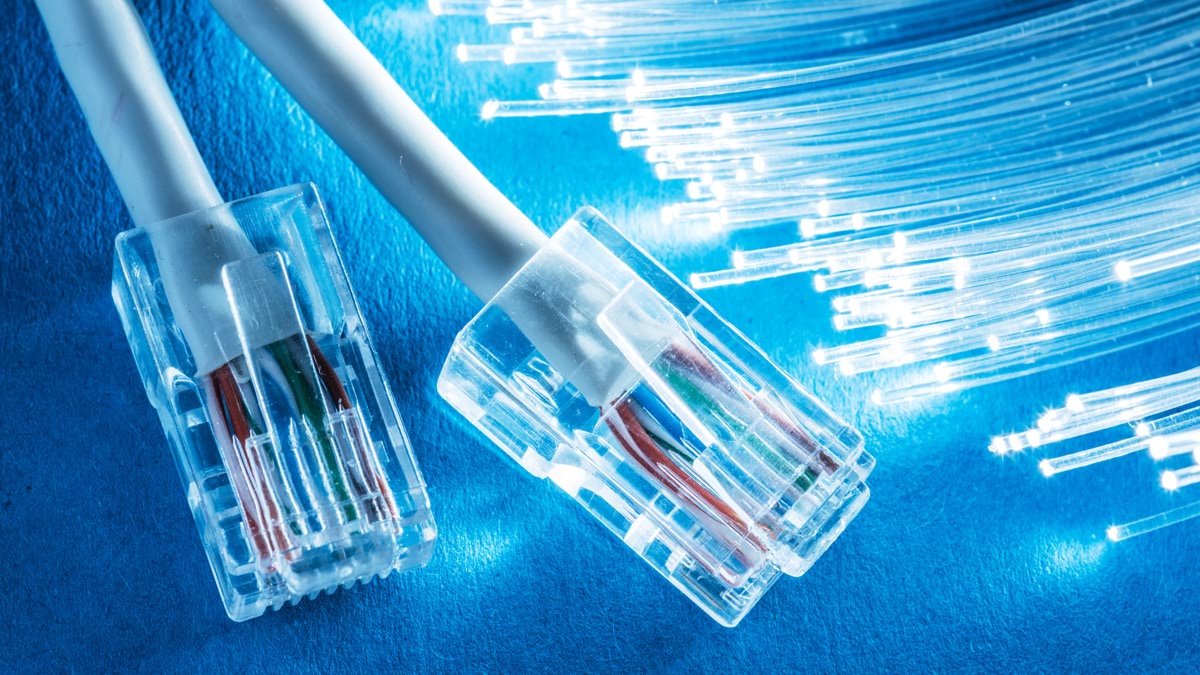
Optical fiber channel cable (OCUC) is a type of outdoor communication cable that is transmitted in a chain in the environment outside the building from one place to another by channels and is used to transmit data by optical fiber. These cables are usually used to transmit television and radio signals, internet, telephone and security systems.
Duct cables usually consist of one or more cores separated by insulation and enclosed in a plastic tube. The main purpose of this pipe or channel is to protect the core against scratches, breaks, corrosion and pressure.
Channel cables to connect to various equipment also usually use a type of coaxial connection or Fc connector, which are strongly structured to avoid electromagnetic disturbances and reduce signal loss.
Advantages and characteristics of optical fiber channel cable
1. High quality data transfer:
These cables are designed for data transmission using optical fiber, and this helps to transfer data as quickly as possible due to the high quality of optical fiber.
2. High resistance to electromagnetic disturbances:
These cables are a solution to reduce the effect of electromagnetic disturbances that may be caused by the presence of electrical and electronic devices and cables near them.
3. High resistance to scratching, breaking, corrosion and pressure:
Duct cables are protected by various electrical insulations such as plastic pipes, polyethylene sheaths and PVC sheaths.
4. Easy installation and use:
Duct cables are very easy to install and use and are usually run in chains from one location to another.
5. Flexibility:
Some types of ducted fiber optic cables have high flexibility that allows them to easily navigate complex paths created by devices.
6. Reducing maintenance costs:
Channel cables, due to their high resistance to damage and corrosion, require less maintenance and repairs, which can reduce maintenance costs.
7. Various applications:
Because they can be used to transmit various types of data, including Internet and telephone, ducted cables are used for various applications such as communication, entertainment, educational, and industrial applications.
8. Security:
Because channel cables can prevent unauthorized access to data by their design, they provide more security than other methods of data transmission.
9. Occupying less space:
Because conduit cables are installed inside walls and ceilings, they take up less space than other signal transmission methods, which can be very useful in confined spaces.














